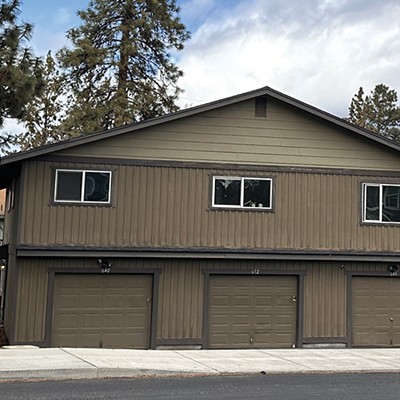Last week, President Barack Obama declared in a New Yorker article he doesn't believe marijuana is any more dangerous than alcohol "in terms of impact on the individual consumer."
"As has been well documented," he said, "I smoked pot as a kid, and I view it as a bad habit and a vice. (But) I don't think it is more dangerous than alcohol." He went on to say he discourages his daughters from toking up, saying it is "a bad idea, a waste of time, not very healthy."
But, the president's administration has pushed forward the most permissive allowances for marijuana since G. Washington grew hemp, and the Obama administration has greatly relaxed prosecution of pot-related crimes, a radical change from his predecessor, which aggressively busted hundreds of paraphernalia sellers, including the like of Tommy Chong who served nine months in federal prison.
The president's comments served to add even more momentum to the push to legalize marijuana. A Gallup poll has put the approval rating of Americans for legalizing pot at 50% (compared to 46% who prefer to keep it illegal, and a 41% rate for Obama himself). Late last year, even U.S. Sen. John McCain told a reporter in Arizona, that "maybe we should legalize," while referencing marijuana during a town hall event), and, of course, starting in January, selling marijuana became legal in Colorado and Washington—a change that largely went gently into the night, with no reefer madness raids on Pike's Place, a few "mile high" jokes about Denver, and a certain amount of Facebook hubbub about the two Super Bowl teams being from the two states that recently legalized marijuana (with comments like the "next bud bowl!").
Point being: In February, the Oregon state legislature is scheduled for a one-month special session. Now would be a good opportunity to introduce a bill to legalize marijuana. By handling the matter itself, the legislature could hammer out the trickier issues—like managing money and state taxes for an activity that still isn't federally legal and, therefore, conflicts with banking laws. The alternative to voting now is to wait for a ballot measure in November—which seems likely, and which would put the finer details of legalization out of the legislators' hands.
The economic arguments to legalize marijuana are compelling.
In the first month of operations in Colorado and Washington, hundreds of entrepreneurs created a green-rush of sorts. A recent New York Times article profiled two young businessmen in Seattle who were making tens of thousands of dollars weekly. With some one out of five adults reporting usage, marijuana is big business. In Los Angeles, which once again permits the sale of medical marijuana, there are more medical marijuana outlets than Starbucks!
More than the benefits to individual business-owners and creating a (regulated) cottage industry of growers and sellers, the economic benefit to the State of Oregon is massive. First, there is the potential tax revenue. According to predictions from the Washington State Liquor Control Board, taxes on marijuana (taxed 25 percent at each point of sale, from grower, to wholesaler to consumer) could mean up to a $2 billion infusion for Washington's general fund over five years. That is an impressive number, especially considering that Oregon's budget shortfall last year was $3.5 billion. Certainly, legalizing and taxing pot sounds a lot better than cutting teachers' jobs.
Second, in addition to the increased revenue flow into the state coffers, moderate savings can be reaped from reducing the prison population. Although pot advocates toss around figures like "a marijuana-related arrest every 42 seconds in America," this seems to be an over zealous assessment; the Oregon prison population for marijuana-related crimes seems to be more like one percent. Even so, that population costs the State of Oregon roughly $5 million to house each year.
Oregon was the first state to decriminalize small amounts of pot, and part of the first handful of states to pass Medical Marijuana Acts. Now, decades later, Washington has stepped in front of Oregon—and, as a border state, is reaping benefits, both in terms of earnings and savings to the state budget, that Oregon could and should also be enjoying.
A Glass Slipper to the first state legislator to introduce a bill in February todecriminalize marijuana.


























